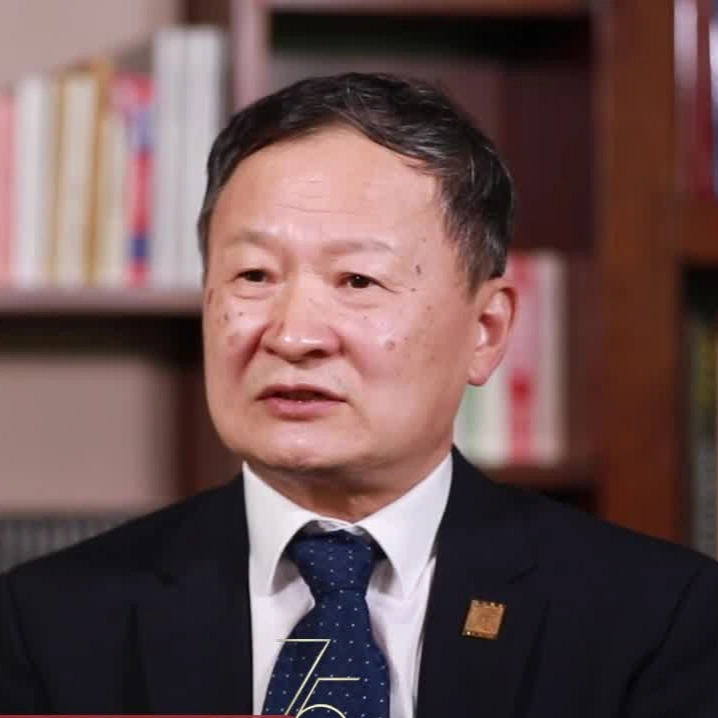Blaming Japan for Rate-Hike Won’t Save the US Dollar Hegemony

The recent sharp fluctuations in the global stock market are a prelude to a period of upheaval in the global financial system. While it may seem that the Bank of Japan’s interest rate hike is the immediate cause, the root issue is the decline of the United States’ international financial dominance. Currently, most financial media in Europe and the U.S. focus on technical analyses of the crisis, blaming the Bank of Japan’s rate increase as the main culprit. Some U.S. media have even compared the situation to a “sneak attack on Pearl Harbor” by the financial sector. In reality, Japan is exercising this financial autonomy only to save itself, and the underlying two causes largely stem from the U.S. itself.
Firstly, the Federal Reserve’s decision to slam the brakes on false prosperity forced Japan to take measures to protect itself.
Western media portray Japan as the first to announce a rate hike, but they omit that just three days before the Bank of Japan’s announcement, the Fed ambiguously indicated a potential rate cut in September and declared an end to quantitative easing. Therefore, it was the Fed’s actions that truly made the market realize that the “yen carry trade” could no longer be sustained.
The severe market volatility reflects the decline in U.S. global financial control. Previously, under a unidirectional policy where the U.S. was strong and the dollar maintained a high-interest market, U.S. stocks might have performed more smoothly. However, the panic-driven liquidation was exacerbated by weaker-than-expected U.S. non-farm payroll data. This data revealed that the U.S. economy’s fundamentals have deteriorated to a point where existing financial policies cannot fully address the issues.
So, what brought the U.S. economy to this state? The prosperity of the U.S. stock market in recent years was largely fueled by the tech sector’s hype and speculative capital. On Monday, the broad U.S. market fell by an average of 3%, with the tech sector experiencing the largest drop of 3.8%; NVIDIA, the largest U.S. supplier of AI training chips, dropped by 6.4%. If, as U.S. media claim, Japan’s interest rate hike led to the halt of yen carry trades and subsequent panic liquidation, it is clear which sector of U.S. stocks harbors the most significant bubble.
Tech companies related to generative AI have attracted substantial investment, but the application scenarios that generate real social wealth and participate in social production are limited. NVIDIA’s success story relies heavily on its monopoly over AI training chips, yet its production capacity cannot meet demand. Even as the industry grows, it’s questionable whether enough electricity can be generated to power these chips, as evidenced by NVIDIA CEO Jensen Huang’s large-scale stock sell-off in June.
Given that such bubbles inevitably burst, the U.S., with its $35 trillion debt, faces urgent self-preservation needs, making the economic stability of other countries less of a priority. Japan, having experienced the Plaza Accord’s victim and being one of the largest U.S. debt holders, has a strong sense of urgency about self-preservation. It can be said that Japan’s reluctance to become a casualty of the U.S. tech sector bubble led to drastic monetary policy adjustments, culminating in the current market volatility.
Secondly, the decline in U.S. military and diplomatic capabilities has weakened the yen’s attachment to the dollar.
The dollar has undergone several stages of anchoring as a global currency. Whether anchored by gold or oil, the credibility of this anchor depends heavily on U.S. military power. For example, the U.S. invaded Iraq partly because Saddam Hussein attempted to trade oil in euros, highlighting the dollar’s reliance on U.S. military intervention capabilities.
Currently, U.S.-backed allies’ military actions in Eastern Europe and the Middle East have not gone well, leading to doubts about the U.S.’s military intervention capabilities. Additionally, conflicts with major oil and gas exporters such as Russia and Venezuela, especially Israel’s impact on U.S. reputation in the Middle East, have reduced the U.S.’s ability to control global oil trade. If the dollar loses both its military deterrence and oil trade influence, its value for other currencies becomes questionable.
In 1971, Treasury Secretary John Connally famously remarked how the US dollar was “our currency, but your problem.” The current paradox is that the currency dominating global transactions is controlled by a small financial elite within the U.S. This situation is akin to everyone sharing an air conditioner with the remote control in the hands of one person, reducing other countries to financial dependencies on the U.S. For example, the EU has tried to enhance the euro’s autonomy, but the U.S. has used political and military means to interfere in this process, with some EU politicians even acting as Trojan horses for U.S. interests.
In contrast, during this sharp fluctuation in the global stock market, countries with higher financial autonomy have shown stronger risk resistance, especially Russia. Due to the series of economic sanctions imposed by the United States on Russia, the ruble has become more autonomous, completing the puzzle of Russia’s financial sovereignty as an important pole in the world. If it becomes evident that challenging and being sanctioned by the US enables a country to mitigate the influence of the dollar, this will present a significant test of the loyalty of the United States’ allies.
In conclusion, this volatility highlights that countries must control their economic, financial, and monetary policies themselves, rather than falling under the control of foreign governments and monopolistic capital. The pursuit of financial sovereignty by each country is a crucial step toward a multipolar world in human civilization.




